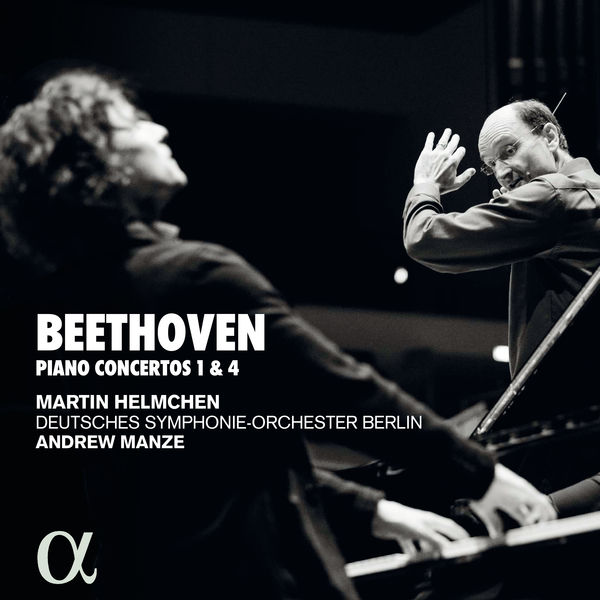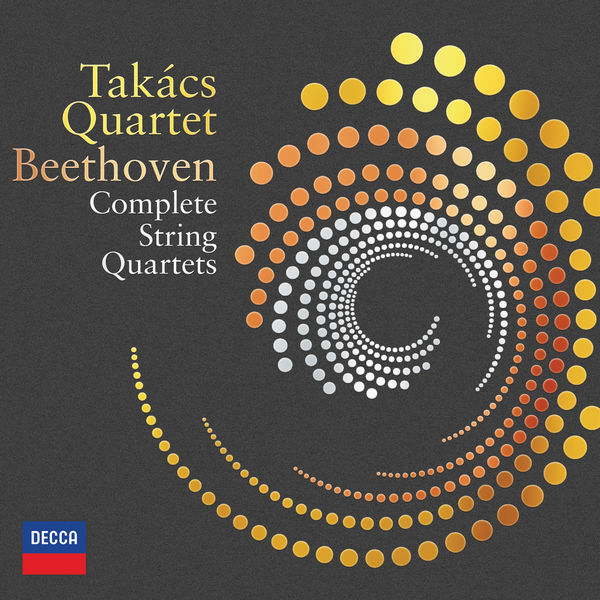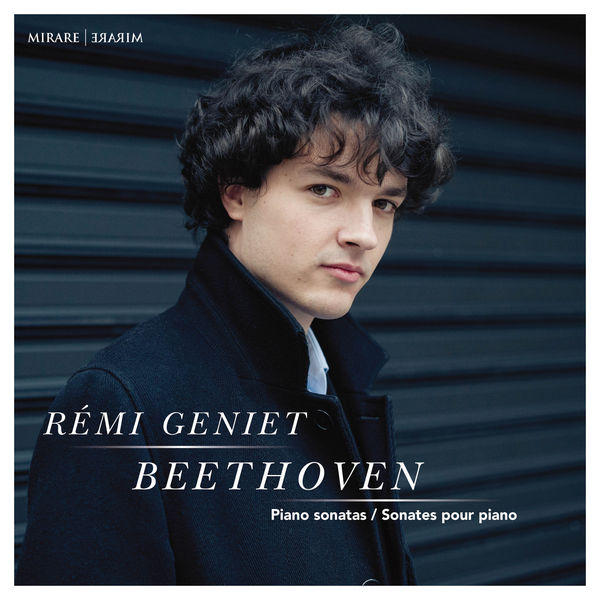Beethoven’s Piano Trios
Beethoven has written a total of 7 “official piano trios (in reality there are some more without opus).
The first three of them are actually officially the first opus he released, his official op. 1, at the age of 25. While he innovated a bit on the form, overall they still are very much in the spirit of Mozart and Haydn, you can clearly hear that the young composer was still trying to find his own style. That said, they are each in itself beautiful gems and truly enjoyable.
No. 4, op. 11, also called “Gassenhauer” (a term that losely translates as “popular song”) is actually my least favorite of these works. It gets it’s nickname from the fact that the third movement is build around variations of a then popular opera aria.
The true masterworks are his three later trios, op. 70 No. 1 and 2, written around the time of the 5th symphony, as well as op. 97, composed at the same time as the 7th symphony. Both op. 70. No. 1 and op. 97 have nicknames. The former is called “Geistertrio” or ghost trio because of the somewhat eerie 2nd movement and stems apparently from Beethoven’s pupil Carl Czerny. The latter is called “Erzherzogtrio“, or Archduke trio, as it was dedicated to Archduke Rudoph of Austria.
So how did I end up discovering this album box? This was triggered by a show on Swiss public radio called “Diskothek im 2“, a weekly show that does a blind test of 6 version of a classical work with two experts in the studio commenting on the recordings, with one winner eventually emerging. The show was dedicated to op. 70 no. 2, the lesser known of the two (probably because of it’s lack of nicknames. As you can guess, I love the show, as it really forces you to discover a performance without the pre-conceived notions of knowing which artists you prefer.
Beethoven: The Piano Trios – Oliver Schnyder Trio (Sony 2017)

As you’ve probably guessed, the winner (for both the two experts on the show and for me) was this album box by the Oliver Schnyder Trio.
Schnyder is actually Swiss, and even is one of the experts that gets regularly invited to the show, but given that this was a blind comparison I don’t think any national bias came into play here.
I was personally so convinced by the performance that I immediately purchased the entire box. I’m really happy I did. I previously owned only one complete box, by the French Wanderer Trio (which was also featured on the show and did compete quite nicely), as well as a very good recording of just op. 70 no. 2 and op. 97 by my beloved Isabelle Faust together with the usual Jean-Guihen Queyras and Alexander Melnikov. Given the historic instruments I even recognised this version blindly, but I still preferred Schnyder and his two colleagues.
Schnyder is joined in his trio by two great musicians, Andreas Janke is the concertmaster of the Tonhalle Orchestra in Zurich, and Benjamin Nyfenegger is the deputy solo cellist of the same orchestra.
The playing of all 7 trios is truly top notch. Now, is it perfect? Well I’d argue for op. 1 pretty much yes, same for op. 70 no. 2. For op. 70 no. 1 and op. 96 you may want to add other performances, like the above mentioned Isabelle Faust and Wanderer Trio, the Florestan Trio, or, if you want a flashback to another era, the legendary (but somewhat outdated to my ears) Beaux Arts trio. But this is nitpicking.
The entire box is very much worth having.
My rating: 5 stars
You can find it here (Qobuz)






